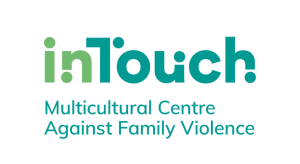Many Catholic social service organisations work to respond to the situation of victim survivors of Domestic and Family Violence, and together we long for a country and culture where violence in the home does not happen. To move this ideal closer to a reality we must be intentional and create change at a community level.
Government is funding service responses, but research shows faith communities have a significant role to play. The need to be aware of what constitutes as violence, to be able to identify and work through the factors that perpetuate such levels of violence in our communities, as well as being equipped to respond with Christian love and concern is an ongoing task for us all.
Together with social services and schools, parishes have a key role to play to be a part of a whole of Church approach to community awareness and prevention, and a just and compassionate response to violence in the home.
What is Domestic and Family Violence?

Forms of domestic and family violence vary greatly but they all stem from a need to exert power and control and instill fear in the other. Victims of domestic violence are never to blame. Violence in any form from an intimate partner, family member of carer is always unacceptable.
Domestic and family violence involves a deliberate, ongoing and repeated pattern of behaviour with the aim of controlling another person. This is known as coercive control and it can take many forms. It is important to recognise that it doesn’t solely involve physical abuse.
It could include one or more of:
Physical Abuse – physical violence or physically taking control/taking away control of your body.
Psychological Abuse (also called Emotional or Mental Abuse) – includes several types of abuse including but not restricted to name calling and put downs, intimidation, threats to harm you and those important to you, and intentionally making you question your own memory, experiences or mental health (gaslighting).
Sexual Abuse – unwanted or inappropriate sexual or intimate contact or being coerced into viewing sexually explicit material.
Spiritual Abuse – use of religious beliefs to hurt, scare or control or preventing you from practicing your faith.
Financial Abuse – using access to money or financial information to control you or limiting/preventing you from going to work.
Social Abuse – controlling who you can contact, when you contact them and how often you contact them.
Stalking – following or tracking you, including online.
Domestic and Family Violence Continues Today
Despite reforms and increased resources towards policing, courts, response services and in many
other areas, it remains an issue that negatively affects the lives of many people and creates
serious and long-lasting impacts including injuries or poor physical and mental health, loss of
housing, loss or limited access to employment, precarious financial security and or immigration
status, isolation and alienation from family and support networks, and in some cases, death.
- An estimated 8 million Australians (41%) have experienced violence (physical and/or sexual) since the age of 15
- 1 in 4 women (27%) and 1 in 8 men (12%) have experienced violence by an intimate partner or family member since the age of 15
- 22% of women and 6.1% of men have experienced sexual violence since the age of 15
- 18% of women and 11% of men have experienced childhood abuse before the age of 15
- 1 in 6 women (16%) and 1 in 9 men (11%) witnessed violence during childhood
- In the year 2021/22, 5606 women (average of 15 women per day) were hospitalised due to family and domestic violence
- On average one woman a week is killed by her current or former partner
References:
ABS 2021-22 Personal Safety Survey Findings
‘Our Watch’ website, updated Oct 2023
What can I do if I’m experiencing violence?

The signs of abuse are not always obvious. No one else may know you’re experiencing abuse. You may feel like it’s your fault (it’s not) or that it’s normal (it’s not). Nothing you say or do makes it OK for someone to abuse you.
If someone is making you feel unsafe, is trying to control or manipulate you, or is harming you in any way – that’s abuse. It’s OK to talk about it with someone and ask for help. You deserve to be respected and to feel safe, always. If you don’t feel safe, please reach out and consider:
- Seeking advice from a family violence service (see below)
- Calling ‘000′ if you’re in immediate danger
- Seeking support from trusted friends, family or community members if you feel comfortable to do so.
How can I support someone I know?
It is hard finding out a person you know is being harmed. The good news is there are simple things you can do:
- In an emergency or if someone is in immediate danger, call ‘000’
- It is OK to say something. The way you talk and listen can make all the difference
- Listen without interrupting and non-judgementally
- Believe them and take their fears seriously
- Understand that they may not be ready or it may not be safe to leave
- Help explore options for more information and support from services – seek advice from people with expertise (see back page)
It is important that you do NOT:
- Blame the person experiencing violence
- Make excuses for the person who has used/ is using violence
- Make decisions on someone’s behalf or try to force them to do what you think is best.
How can we build communities that prevent domestic and family violence?
We all have a role to play in creating communities of respectful relationships that prevent domestic and family violence. A community of respectful relationships is one that:
- Calls out behaviours and beliefs that condone violence against women, such as: telling sexists jokes, blaming women for not leaving a violent partner or excusing violence as a normal response to stress.
- Encourages both men & women to be decision-makers, take leadership roles and participate in all aspects of society, both in public as well as personal relationships, eg. encouraging equal participation in all aspects of school or parish life
- Challenges rigid gender stereotyping such as: the belief that women should be submissive to men; that men must be tough and in charge; phrases such as ‘boys will be boys’ or referring to girls as ‘bossy’ when they express their opinion
- Challenges cultures of masculinity that emphasise aggression, dominance and control such as: the idea that men must never show emotion or that a guy that doesn’t fight back when pushed by others is weak; the belief that a man should act strong even when nervous and should be the main earner for his family
- Calls out sexual harassment, including rude or inappropriate behaviour, stalking and online abuse.
Domestic and Family Violence Resources
000 – Police 24/7 Emergency Support
1800 737 723 – 1800 Respect www.1800respect.org.au – 24/7 Confidential Counselling and Support
1800 312 820 – The Orange Door www.vic.gov.au/orange-door-locations 9-5 Weekdays, network of access points for people experiencing family violence
1800 015 188 – Safe Steps www.safesteps.org.au – 24/7 family violence crisis & safety planning service
1800 755 988 – InTouch intouch.org.au 9-5 Weekday confidential counselling for migrant and refugee women
1300 766 491 – Men’s Referral Service https://ntv.org.au/ Counselling and information for men concerned about their behaviour
1800 435 799 – Dardi Munwurro www.dardimunwurro.com.au 24/7 counselling for Aboriginal men experiencing family violence issues
1800 105 303 – Dijirra https://djirra.org.au/ 9-5 Weekday counselling for First Nations people
1800 542 847 – WithRespect 9 -5 Weekday counselling for LGBTQIA+ people experiencing domestic and family violence
Open Letter from Catholic Social Services Victoria – October 2024
New Brochure: Let’s build respectful communities
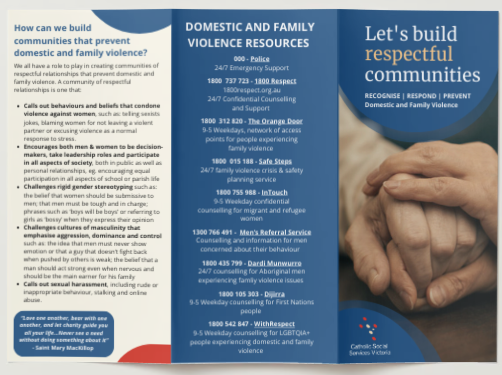
Other Resources
Member organisations that provide family and domestic violence services
Family & Domestic Violence support
Good Samaritan Inn
Good Samaritan Inn is a specialist service providing crisis, short-term and transitional accommodation and support for women, children and young people who are experiencing family violence or homelessness.
Family & Domestic Violence support
Good Shepherd Australia New Zealand
Good Shepherd tackles the significant issues impacting women, girls and families. Support services for women, parents and families, and youth.
- Level 1, 485 La Trobe Street, Melbourne VIC 3000
- (03) 9495 9600
- goodshep.org.au/
Disability Services
VincentCare Victoria
VincentCare Victoria supports people experiencing homelessness, advocacy and support for women and children escaping family violence and employment for people with disability.
- 43 Prospect Street, Box Hill VIC 3128
- (03) 9611 9200
- www.vincentcare.org.au/
Community Development & Support
Wellsprings for Women
Wellsprings for Women offers services, supports and programs for women to improve education, employment, health and wellbeing and to live life safely and free from violence.
- 79 Langhorne Street, Dandenong VIC 3175
- (03) 9701 3740
- www.wellspringsforwomen.com/
Resources for addressing domestic violence in Faith Communities
What works to address violence against women and family violence within faith settings.
National Anglican Family Violence Research: Top Line Results.
CSRM paper into faith-based communities’ responses to family and domestic violence.
Research into how faith communities can best respond to and prevent family violence and violence against women.
Lessons learn regarding to empowering faith and community leaders to prevent violence against women.
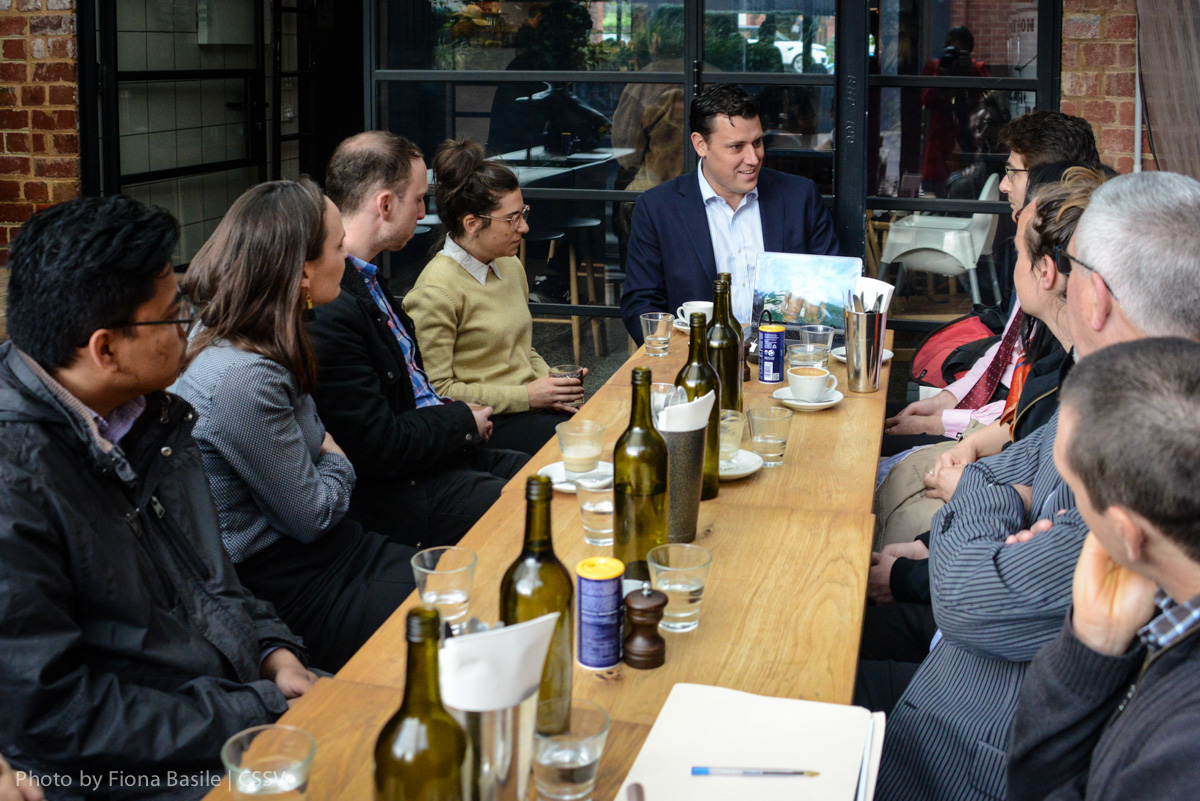
Articles related to responding to domestic violence
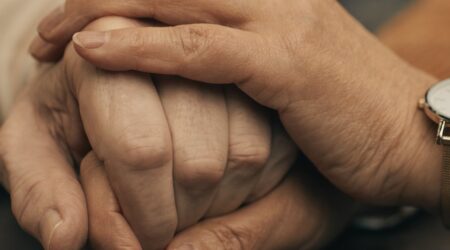
What do we know about those who perpetrate domestic and family violence? CSSV and member organisations appear at Parliamentary Inquiry
The Victorian Legislative Assembly Legal and Social Issues Committee announced an Inquiry into data on perpetrators of Family Violence aims to address the gaps in capturing data on family violence perpetrators in Victoria. CSSV and member organisations were invited to address the Inquiry Committee.

CSSV Committee Feature Series: Domestic Violence Working Group
Prevention of family and domestic violence continues to be a key strategic priority for Catholic Social Services Victoria and our Domestic Violence Working Group plays a central role in progressing work in this area.
Service Providers providing assistance to those impacted by domestic violence
Family & Domestic Violence support
Good Samaritan Inn
Good Samaritan Inn is a specialist service providing crisis, short-term and transitional accommodation and support for women, children and young people who are experiencing family violence or homelessness.
Family & Domestic Violence support
Good Shepherd Australia New Zealand
Good Shepherd tackles the significant issues impacting women, girls and families. Support services for women, parents and families, and youth.
- Level 1, 485 La Trobe Street, Melbourne VIC 3000
- (03) 9495 9600
- goodshep.org.au/
Disability Services
VincentCare Victoria
VincentCare Victoria supports people experiencing homelessness, advocacy and support for women and children escaping family violence and employment for people with disability.
- 43 Prospect Street, Box Hill VIC 3128
- (03) 9611 9200
- www.vincentcare.org.au/
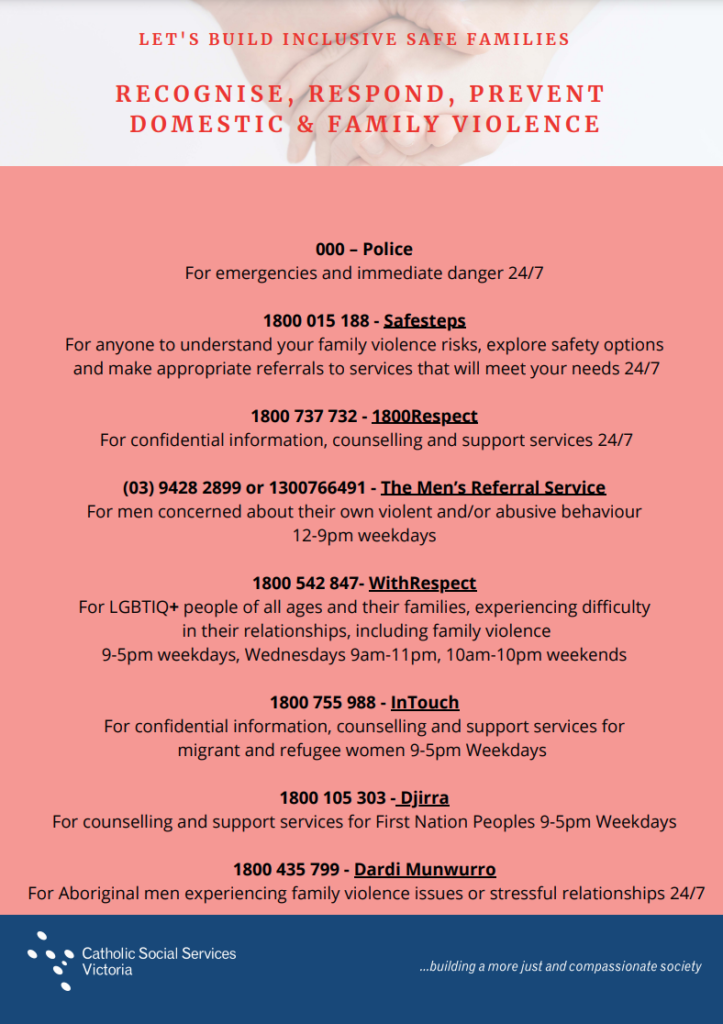
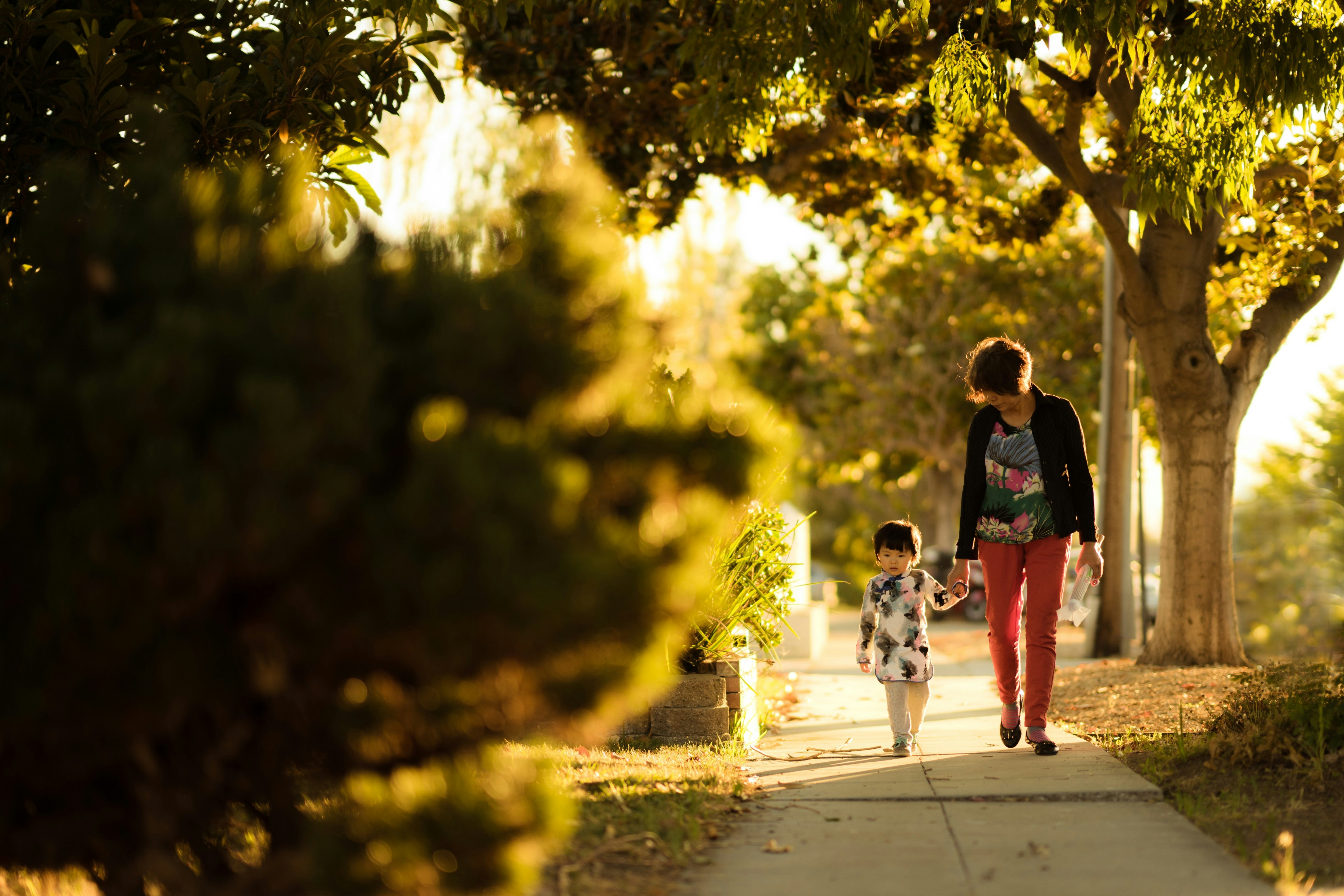
Prayer to End Domestic and Family Violence
Loving God,
We pray that all women and children will find a place and life free from violence, and children will be cared for in nurturing, protective and supportive ways.
We pray for young men that they may find models of respectful relationships, and reject the violent and demeaning images of manhood current in our society.
We ask for the courage to confront the causes of family violence, including the prevalence of violence in society, abuse of power and the unequal position of women in the community.
We pray for right and just relations between all people, so that together we may transform and overcome violence in all its forms.
We long for the time you have promised, when violence is banished, women and men are open to love and be loved, children are protected, and the work and wealth of our world is justly shared. Through Christ our Lord. Amen.
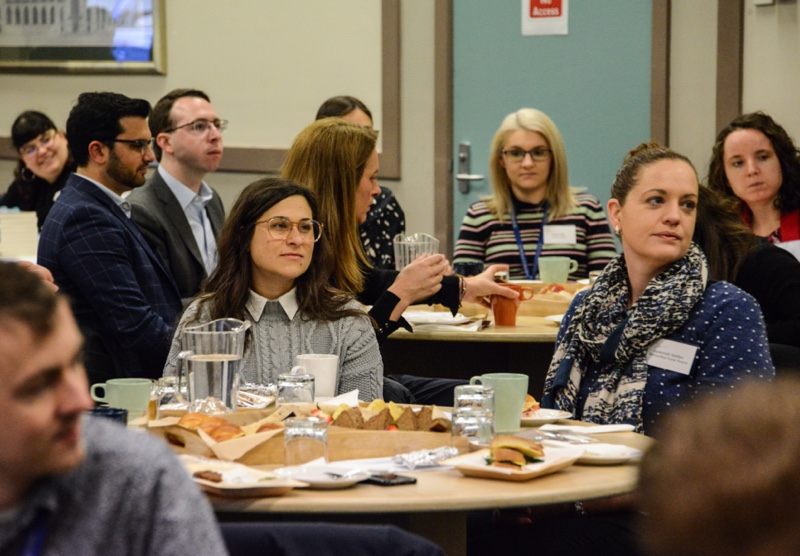
Join our mailing list
Keep up to date with latest news, information and upcoming events.
We respect your privacy, as outlined in our privacy policy.




